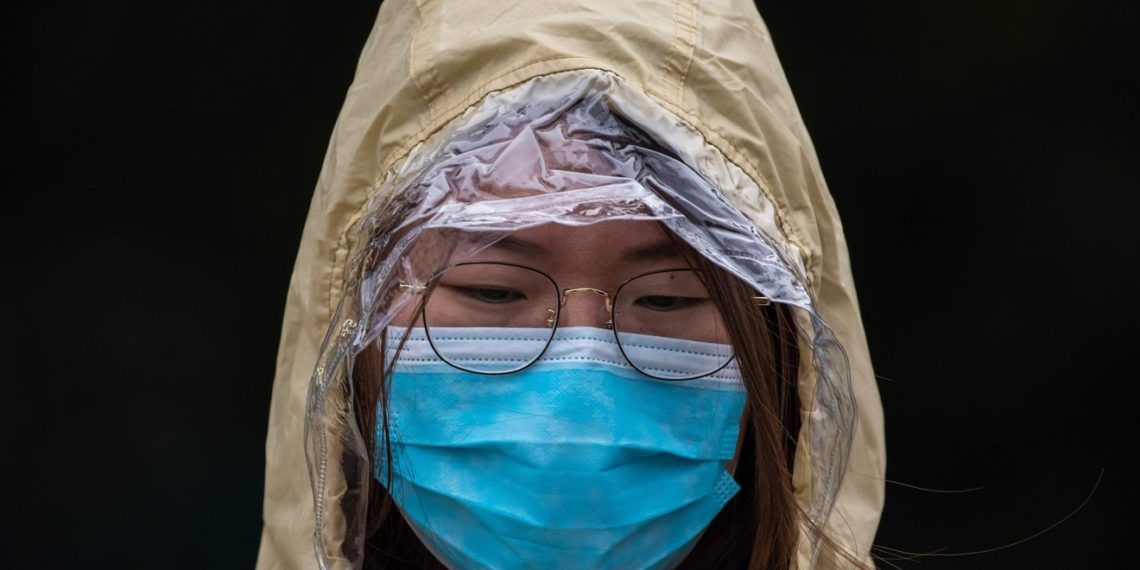Unfortunately, natural disasters affect humans with unappealing regularity. The most recent case, the COVID-19 pandemic, has sickened and killed too many, stretched the resources of many governments, and resulted in significant damage to the world economy.
Even though nothing about this pandemic is usual, one event that usually accompanies or follows natural disasters has been felt this time as well: the phenomenon of price gouging. The prices of hand sanitizers, disinfectant wipes, and particularly masks, have seen excessive increases.
What Is Wrong With Price Gouging?
Even though price gouging amid a natural disaster and certainly during a pandemic would appear to be wrong on many levels, puzzlingly, many economists have no problem with it and are even opposed to laws seeking to proscribe the practice.
To see why economists have no problem with price gouging, it is crucial to understand the central role that prices play in modern economies. The Nobel laureate Friedrich von Hayek lucidly argued that for an economy to function efficiently, decision-making needs to be decentralized. The numerous decentralized decisions must then be tied together and made compatible. The system of prices that arises from the equation of demand and supply performs this vital function.
In other words, economists would generally like to see market forces determine prices because such prices perform the important function of efficiently allocating goods to those who want these goods the most.
When looked at in this way, any tinkering with market-determined prices by a government can only lead to inefficiencies because governments seldom have the information they need to do as good a job as the price mechanism in getting goods to those who want them the most. In addition, economists argue, laws against price gouging are like price ceilings, and such caps cause problems like shortages.
Why We Must Act Against Price Gouging
Viewed narrowly, the above arguments make sense. If governments were concerned only or primarily about the economic efficiency of their actions, one could make a strong case for doing nothing about price gouging. But when confronted with a pandemic, the argument for doing nothing ought to be scrutinized holistically. When this is done, problems emerge.
Economists believe that high prices and high profits send the right signals to producers to supply more of a good. In the current pandemic, would this logic work for masks? The mere fact that masks are now a lot more expensive would not provide enough of an incentive to producers to dramatically ramp up production for an indeterminate time horizon. How would producers justify the upfront costs when they don’t know for how long the high prices will last?
If a vaccine or a drug is developed relatively soon, then producers may not be able to recoup the upfront costs. Since uncertainty is the enemy of investment, it is difficult to credibly claim that prices alone can provide a rationale for generating a sufficient supply of masks in an environment of uncertainty.
Big Pharma has been price gouging patients for many years, what will happen now we're facing down COVID-19?pic.twitter.com/xExAKPznWy
— Laura Packard (@lpackard) April 29, 2020
Second, even if we accept that high prices provide a sufficient signal to producers to supply more, in the face of governmental regulation, producers may not be able to supply more quickly. For instance, when faced with high prices for some goods, Chinese firms could not simply ramp up production because governmental regulations prevented them from doing so until their workers were protected with masks. In fact, to comply with these regulations, car and phone producers added mask production lines.
Third, it would be difficult to agree with the proposition that Americans only care about economic matters in their ordinary lives. Other things matter too, and when faced with the COVID-19 pandemic, the benefit to society from a functioning health system clearly exceeds any costs to mask or hand sanitizer producers who are precluded from selling their goods at much higher prices.
Finally, there are communitarian and moral dimensions of price gouging that are worth emphasizing. We live in communities where we interact with a variety of sellers. In repeated interactions, sellers who price gouge create ill will among their customers that will come back to hurt them later. The moral case against price gouging lies in recognizing that amid a pandemic, inordinately raising prices of goods like masks is equivalent to “kicking” vulnerable people such as medical workers.
In 1944, the economist Karl Polanyi argued in his justly famous tome The Great Transformation that even though markets are a valuable form of organization, they can remain valuable only when they are contained and limited by non-market considerations. Economists who have no problem with price gouging would do well to focus on the non-market part in Polanyi’s argument.
Disclaimer: The views and opinions expressed here are those of the author and do not necessarily reflect the editorial position of The Globe Post.





















